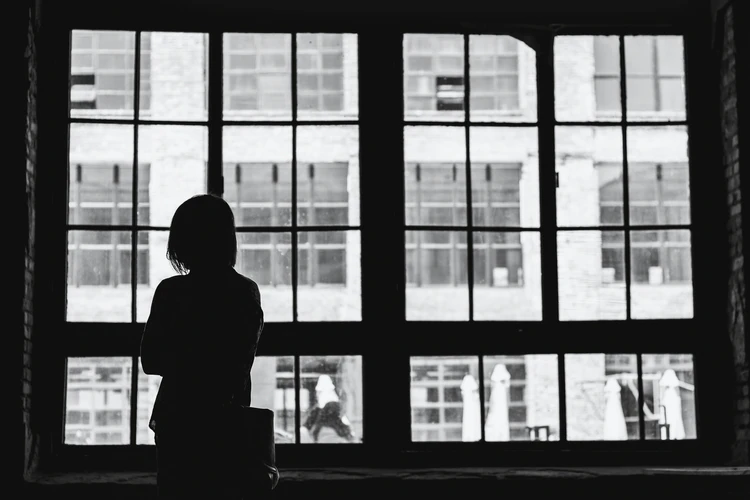Health experts continue to advise people to practice social distancing to protect themselves from the ongoing virus—something many of us are struggling with.
Socializing is a primary human behavior; it’s rooted in our evolutionary past. Sometime during evolution, we realized that being a part of large groups increased our chances of survival. This is also why our society relies heavily on cooperative engagement and gatherings.
We like sharing our thoughts and feelings; it relieves us of some of the burdens we carry on our shoulders. Also, we’ve realized that coming up with solutions to problems is a lot easier when we bounce ideas off each other.
These are just a few reasons why social distancing feels so unnatural. But here’s the thing, while social distancing does require you to physically distance yourself from others, it doesn’t mean you need to become emotionally distant too.
Thanks to technology, there are plenty of ways for you to practice social distancing without disconnecting emotionally.
Let’s take a look at the effects of cutting off from others and becoming emotionally distant during the current crisis:
Human Connection Prevents Anxiety
Do you have a harder time falling asleep at night? Do you feel helpless and frustrated? If so, you aren’t alone. All of these negative feelings are bound to trigger anxiety and panic, both of which will deteriorate your physical health.
Decades’ worth of studies have found that human connection is crucial for our emotional well-being; it’s an essential part of our existence.
When we’re surrounded by people we love, it becomes easier to manage trauma and bad news; this is why health experts are pressing people to stay connected with loved ones even when they socially distance.
Loneliness Causes Health Issues
Loneliness is bad for the body; scientific evidence shows that our bodies react more severely to stress when we’re overwhelmed by loneliness.
Studies show that psychological trauma weakens the immune system and increases the chances of cardiovascular conditions.
As tough as things are today, it’s important to remind ourselves that we have experienced and survived trauma in the past. After every disaster that humanity has experienced, we’ve emerged stronger because we come together to find solutions.
Whether it’s a mass shooting or a hurricane, disasters prompt people to help out their community in any way they can; we reach out to strangers, ignoring race, class, language barriers, etc.—and that’s what needs to happen right now too.
Do practice social distancing, but do not become emotionally distant.
If you’re struggling mentally during the ongoing pandemic, consider seeking professional help from a mental health expert.
David Myers is a psychodynamic therapist based in Birmingham, Alabama. He provides therapy for clients dealing with anxiety and depression.
If you’re living in Birmingham or nearby communities and are looking for a psychotherapist, book an appointment with Myers by calling (205) 251-8808.

